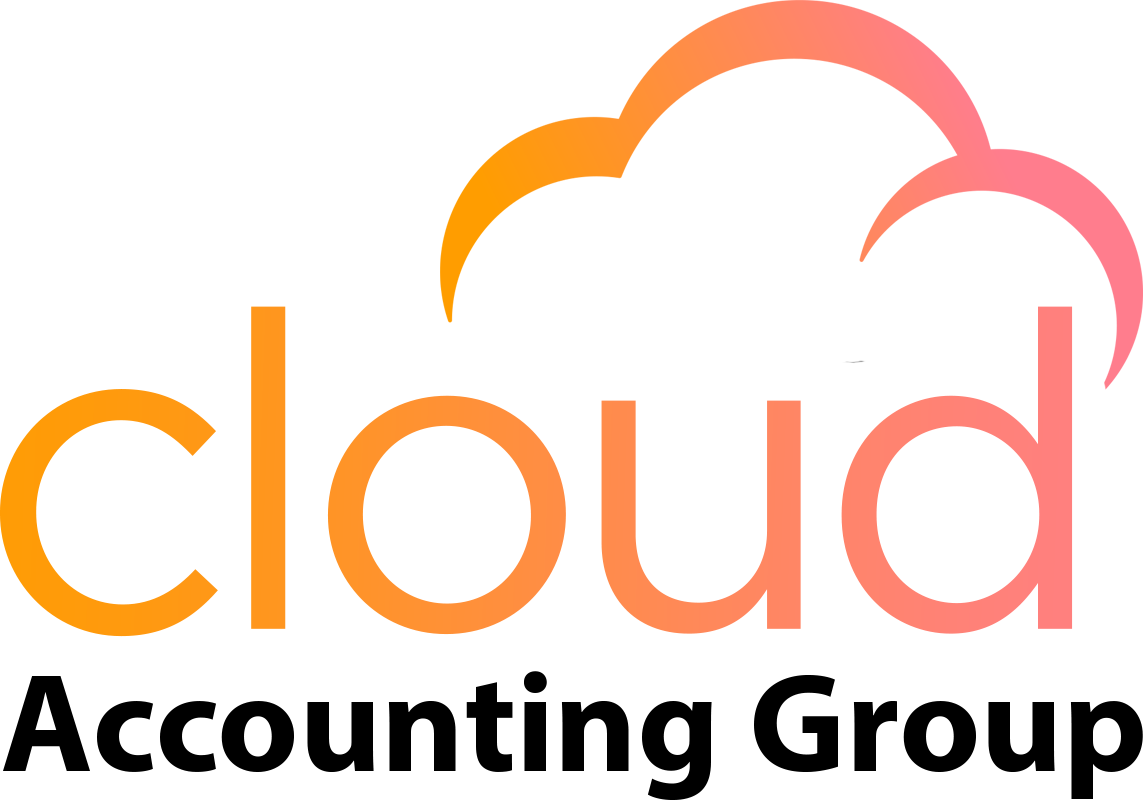

Top Bookkeeping Services for Real Estate Investors
With over 15 years of experience, we offer specialized bookkeeping services for real estate investors across Florida. We understand the unique challenges of managing multiple properties, and we’re here to help you with:
- Bank Reconciliation
- Capital Expenditure Tracking
- Security Deposit Management
- Accounts Payable Management
- Property-Level Financial Reports
- Cash Flow Analysis and Reporting
- Expense Categorization and Management
- Tenant Payment Processing and Recording
- Rental Income Tracking (by property and overall portfolio)
Our Proven Process for Real Estate Investor Bookkeeping Services
Your portfolio demands more than generic bookkeeping. Real estate investing comes with unique challenges and complex tax implications.
That’s why we’ve developed a specialized approach that addresses every detail specific to real estate investors. Whether you’re managing a duplex or a dozen properties, we’ll set you up with custom-tailored bookkeeping that makes sense for your assets and goals.

Frequently Asked Questions About Bookkeeping for Real Estate Investors
What is bookkeeping in real estate investing?
Bookkeeping in real estate investing is the systematic process of recording and tracking all financial transactions related to your investment properties, including:
- Rental income from tenants
- Maintenance and repair expenses
- Capital improvements and upgrades
- Property taxes and insurance
- Tenant security deposits
Real estate bookkeeping differs significantly from regular business bookkeeping because each property has its own income streams and expense categories. The term isn’t interchangeable with “real estate accounting.”
Bookkeeping involves collecting and organizing financial data such as rent payments, expenses, and security deposits.
Accounting builds on this data to prepare tax returns, generate financial statements, and assess investment performance—typically under the oversight of our licensed CPAs or tax advisors.
Why is bookkeeping important for real estate investors?
Bookkeeping is crucial because without accurate records, you can’t determine which properties are actually profitable. Proper bookkeeping helps you:
- Stay compliant with tax regulations
- Identify which investments perform best
- Manage cash flow across multiple properties
- Maintain records that lenders require for financing
- Make data-driven decisions about keeping or selling properties
Real estate investing involves unique complexities like tenant turnover, seasonal maintenance costs, and depreciation schedules.
Plus, the IRS requires precise record-keeping—which means professional bookkeeping is essential for avoiding costly penalties and maximizing your investment returns.
What bookkeeping reports should I review monthly?
As a real estate investor, you should review several key reports each month to stay on top of your portfolio’s performance, including:
- Property-level profit and loss statements
- Cash flow summary by property and overall portfolio
- Rent roll showing occupancy and collection rates
- Accounts receivable aging (overdue rent payments)
And don’t forget these essential quarterly reports:
- Comparative analysis across all properties
- Capital expenditure tracking and budgets
- Tax planning reports for estimated payments
These reports help you identify underperforming properties, track maintenance trends, plan for upcoming expenses, and make informed decisions about acquisitions or disposals.
Regular review of these reports also ensures you’re prepared for tax season and can maximize your deductions.
How does real estate bookkeeping differ from regular business bookkeeping?
Real estate bookkeeping involves unique challenges not found in typical businesses:
- Property-level reporting for investment analysis
- Security deposits that aren’t immediately income
- Multiple income streams from different properties
- Tenant turnover costs and seasonal maintenance patterns
- Complex expense categorization (repairs vs. capital improvements)
Unlike regular businesses, real estate investors also deal with:
- 1031 exchanges and depreciation schedules
- Multiple bank accounts and cash flow management
- Specialized tax implications and deductions
Regular business bookkeeping software often lacks features needed for effective real estate portfolio management, which is why industry-specific expertise is crucial for success.
What are the core components of a real estate bookkeeping system?
A comprehensive real estate bookkeeping system includes several essential components for income management, expense tracking, reporting, and analysis:
- Elective depreciation tools
- Security deposit management
- Rental income tracking by property
- Property-level profit and loss reporting
- Cash flow analysis across your portfolio
- Bank reconciliation for multiple accounts
- Tenant payment processing and recording
- Capital expenditure tracking for depreciation
- Detailed expense categorization (repairs, maintenance, improvements)
- Accounts payable management for contractors and vendors
Modern systems also offer cloud-based access and automated categorization, so you can monitor your properties’ financial performance from anywhere.
Should I hire a bookkeeper or accountant for real estate investing?
While you can handle your own bookkeeping, you’ll benefit significantly from professional help. A specialized real estate CPA understands unique requirements like:
- Managing property-level reporting and analysis
- Tracking security deposits and tenant payments
- Organizing records to support complex tax deductions
- Properly categorizing capital improvements vs. repairs
DIY bookkeeping often leads to missed deductions, misclassified expenses (e.g., repairs vs. capital improvements), and gaps in documentation—issues that can trigger audits or costly penalties under IRS scrutiny.
At CloudCPA, we have over 15 years of experience providing customized bookkeeping for real estate investors across Florida. If you’re feeling overwhelmed by the financial side of your portfolio, book a call to learn how our specialized services can help improve your bottom line.

 CALL US NOW
CALL US NOW






